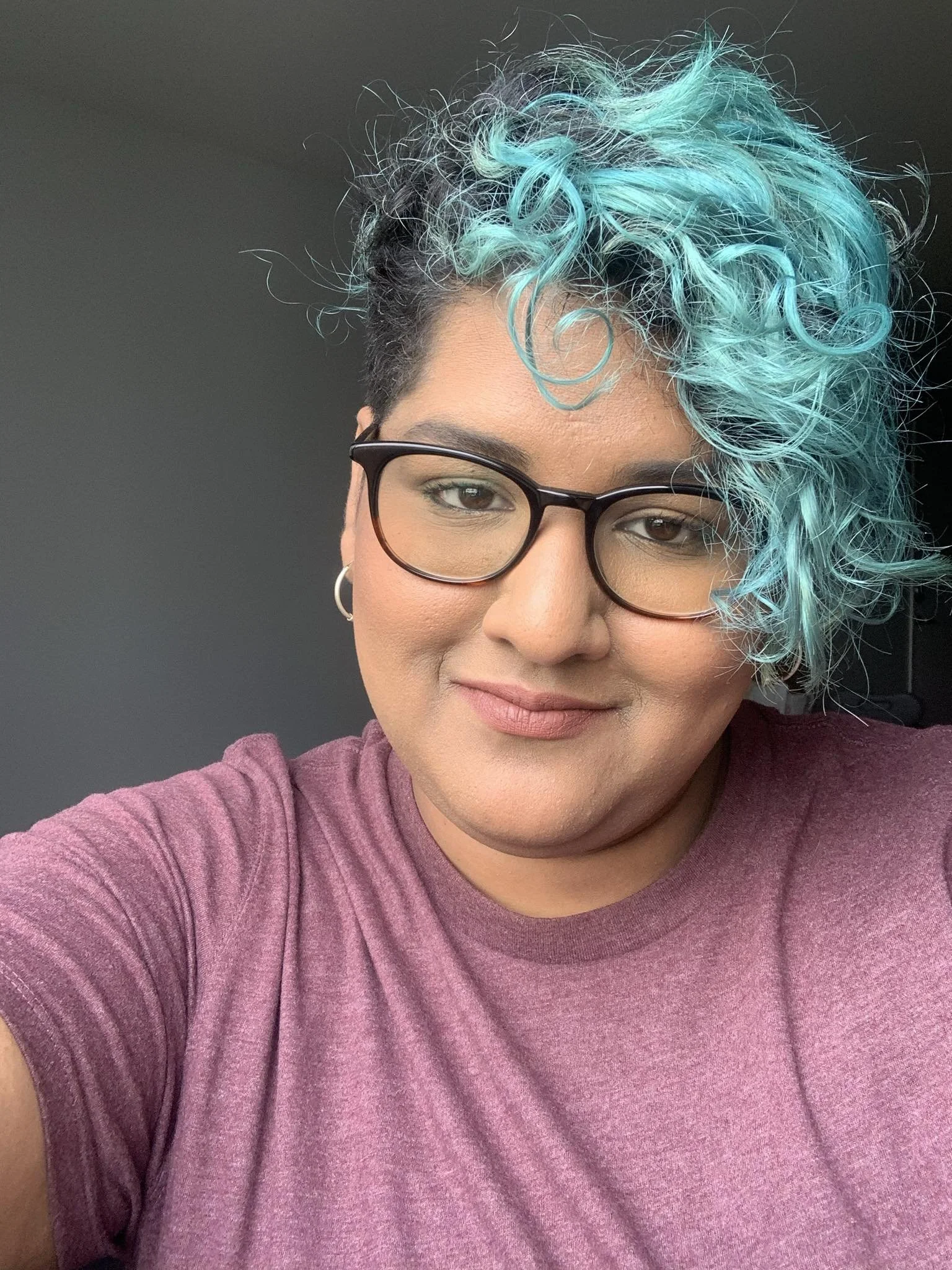Supervising 1.07: Evaluating Biases and Abilities with Supervisees for Cultural Responsiveness
The Ethics Code for Behavior Analysts (ECBA; BACB, 2020) Code 1.07 on Cultural Responsiveness and Diversity notes that behavior analysts evaluate their own biases. Code 1.07 also notes that behavior analysts “ also evaluate biases of their supervisees and trainees, as well as their supervisees’ and trainees’ ability to address the needs of individuals with diverse needs/backgrounds” (ECBA; BACB, 2020, p. 9). In this session attendees will learn about behavioral approaches to evaluating bias through an Interbehaviorist lens (Kantor, 1977). Identity and positionality will be discussed (Hays, 2001; Tien, 2020) and supports for conceptualizing and supervising ability to address diverse needs as an iterative and ongoing practice will be reviewed.
By the end of this presentation, participants will:
1. Differentiate an interbehavioral approach to evaluating bias from methodological approached and mentalist approaches to evaluating bias.
2. Differentiate between identity and positionality.
3. Identify one resource for supervisees to use when evaluating bias and ability to address diverse needs.
Worner Leland, MS, BCBA, LBA (they/them) is a queer, agender, disabled, late-diagnosed Autistic &ADHD human who simultaneously benefits from white privilege, cishet passing privilege, variable mobility privilege, privilege afforded them for being high-masking, and privilege from holding a degree and certification through accredited academic systems. They are currently valuing an Interbehaviorist lens. They also value naming that their perspective has been inherently shaped through their past interpersonal and systemic experiences in addition to their educational and professional experiences. Their current direct behavior analytic work is primarily with fellow Autistic adults, and adults with intellectual and developmental disabilities, as well as colleagues and other helping professionals. They are a former LGBTQIA+ affirming researcher and educator with Upswing Advocates, a current educator with Collab Lab & Sex Ed Continuing Ed, and a past president of the Sexual Behavior Research and Practice SIG of ABAI. Their current work focuses on sex education, assent and consent education, and coercion reduction education in behavior analysis and other helping professions. They are passionate about working with helping professionals to build instructional design skills and systems that promote autonomy, assent, joy, and self-compassion for clients, caregivers, colleagues, supervisees, and community.
Worner Leland, MS, BCBA, LBA
Janani Vaidya (they/them) is a Board Certified Behavior Analyst, researcher, writer, and editor. Currently, they are a faculty member of the Applied Behavior Analysis program at National Louis University. Janani also serves as an affiliate researcher with the Louisiana Contextual Science Research Group and the Assent Lab, and a co-chair for the Gender and Sexual Diversity Special Interest Group (GSD SIG) of the Association of Contextual Behavior Science (ACBS). Trained in behavior analysis and contextual behaviorism, Janani's work outside of higher education includes (1) skill-building and advocacy work with disabled and/or neurodivergent adults (2) facilitating related staff training, (3) conducting research that focuses on developing theoretical frameworks for gender and sexuality, implicit bias, harm reduction, assent-based skill building and practice, disability justice and access, and equity and (4) working for and conducting sensitivity training for a variety of media and publishing outlets. Besides their work, Janani is a voracious reader and frequently haunts local bookstores and coffee shops. You can find them on Twitter: @JananiVaidya and Instagram: @janani.vaidya, and learn more about their work at jananivaidya.com.

